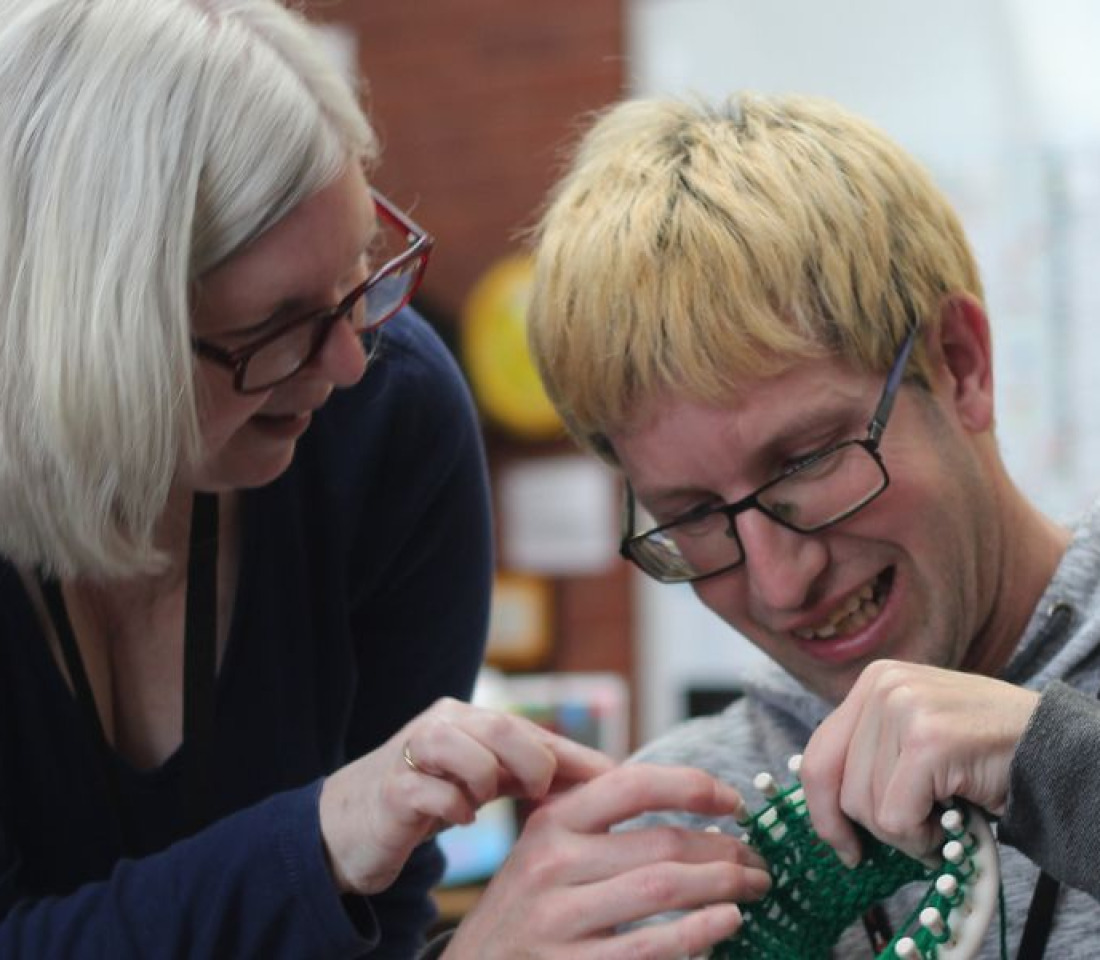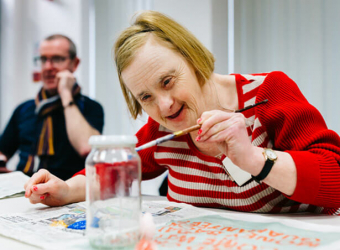What is hypopituitarism?
Hypopituitarism is a condition where the pituitary gland – a tiny but vital gland at the base of your brain — doesn’t make enough of some of its hormones. Our hormones act as chemical messengers, helping control the way the body works, from growth and energy to fertility and how the body manages stress.
When the pituitary gland doesn’t release enough hormonal signals, other glands like the thyroid, adrenal gland, and reproductive organs don’t get the messages they need to keep the body in balance.
As only some hormones are affected, hypopituitarism is often managed by medicines to replace the hormones that are low.
What causes hypopituitarism?
Hypopituitarism is caused when the pituitary gland doesn’t work as it should, leading to lower levels of the affected hormones. This can happen in several ways:
-
- Tumours – growths near the pituitary gland, surgery to remove them and treatments such as radiotherapy may disrupt hormone signals.
- Head injuries – can affect the gland and nearby tissue.
- Infection – such as meningitis and swelling from hydrocephalus can cause pressure on the gland, stopping it from working.
- Sheehan’s syndrome – causes a low blood flow to the pituitary gland during childbirth, which can stop cells inside the gland working.
- Genetics – altered genes can sometimes affect how well the pituitary gland develops.
Sometimes hypopituitarism is idiopathic, which means doctors can’t find a clear cause.
What are the symptoms of hypopituitarism?
The symptoms of hypopituitarism can affect many parts of the body and will depend on which hormones are affected.
Common symptoms include:
-
Extreme tiredness or weakness
-
Low mood or depression
-
Dizziness or low blood pressure
-
Sensitivity to cold
-
Weight gain or difficulty losing weight
-
Dry skin or thinning hair
-
Nausea or vomiting
-
Low blood sugar
-
Reduced appetite
-
Fertility problems
-
Irregular or absent periods in women
-
Erectile difficulties in men
-
Difficulty coping with stress or illness
In children:
-
Slowed growth
-
Delayed puberty
Because symptoms often develop gradually, it can take time to notice that something is wrong. Regular monitoring and testing helps doctors find out which hormones are low, which guides them to decide on the best treatment for you.
















